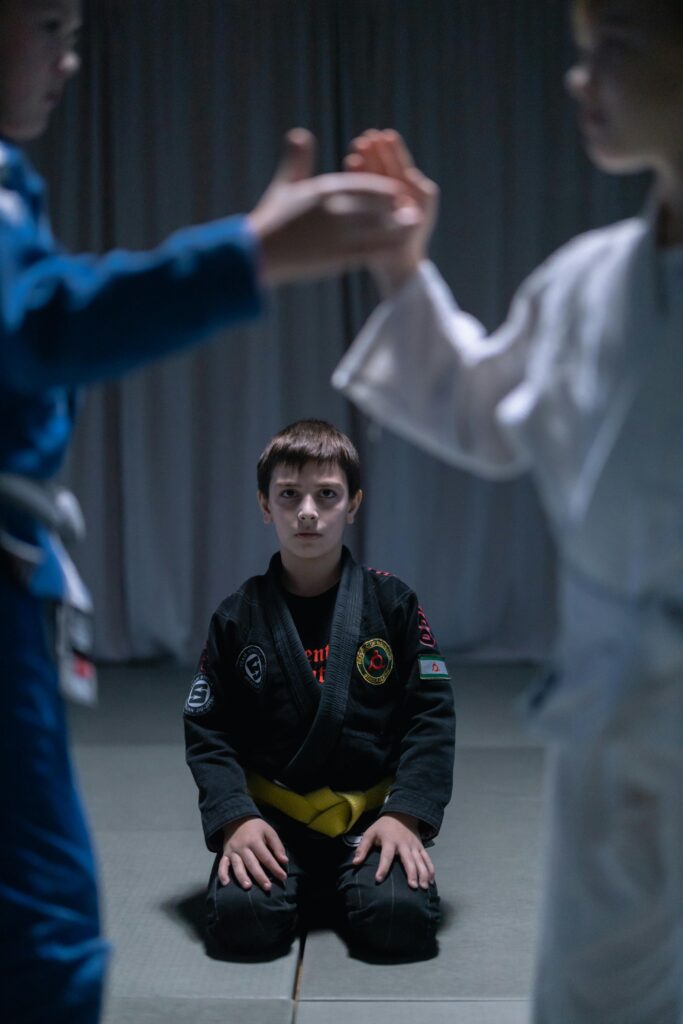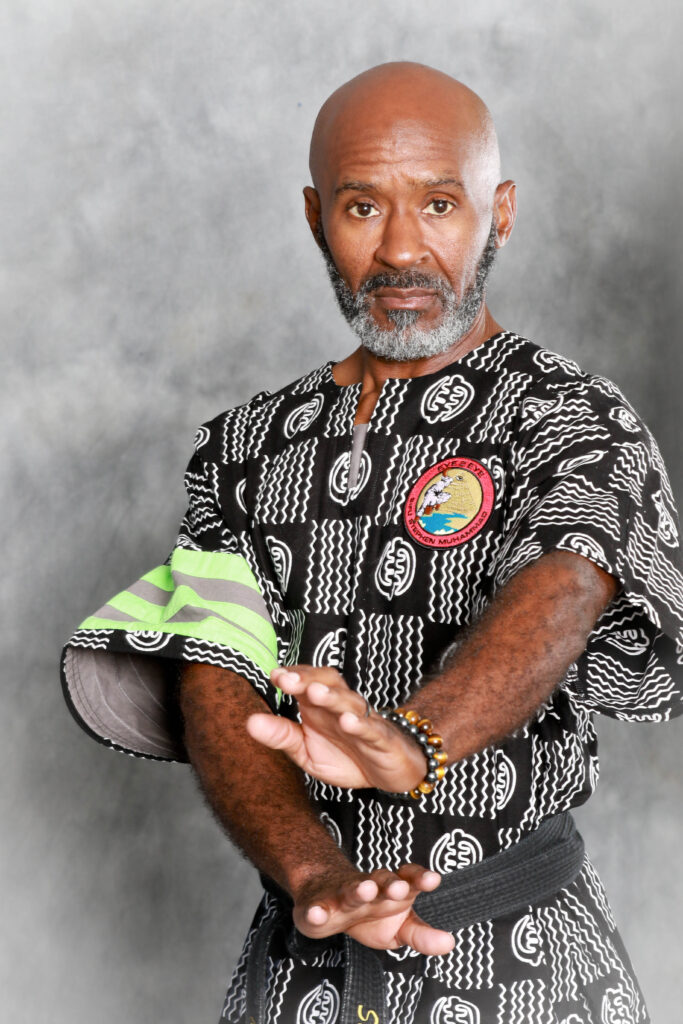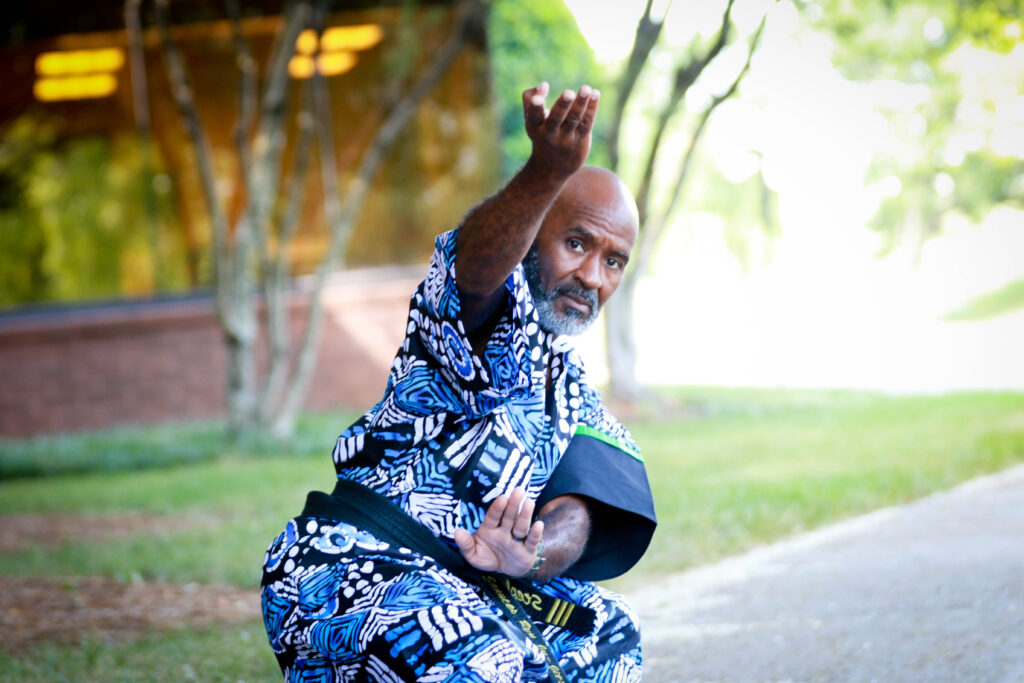You might not think of martial arts as the key to a productive workday, but let me tell you—it absolutely is.
Over the years, I’ve come to realize that what I’ve learned on the mat applies directly to how I handle my day, whether I’m facing a work deadline, managing my energy levels, or trying to make quick, effective decisions.
The discipline, focus, and strategic thinking you pick up in martial arts can be a game-changer in how you approach your professional life.
In this article, I’ll share some of the key principles that have helped me sharpen my workday routine—straight from the dojo.
Mental Discipline and Focus: The Mind as Your Strongest Asset
If there’s one thing martial arts teaches, it’s that success starts with mental discipline.
Whether you’re training in Brazilian jiu-jitsu, aikido, or any other form, the first lesson you learn is that your mind is your most powerful weapon.
That’s true whether you’re in a sparring match or sitting at your desk staring down a pile of work. You need the same level of focus to tackle both.
Developing Mental Toughness: The Office Battle
In martial arts, you learn to deal with discomfort and pressure—two things you’ll also encounter in the workplace.
Staying calm and focused under stress is a critical skill. It’s easy to feel overwhelmed when you have several projects or looming deadlines, but martial arts teaches you to quiet the noise.
You learn to zero in on the task at hand, block out distractions, and power through. In fact, the same strategic thinking you’d use in a sparring session helps you decide how to prioritize tasks and handle high-pressure situations at work.
It’s all about mental toughness and clarity.
Meditation and Breathing: Finding Your Calm Amid Chaos
In martial arts, breathing isn’t just about staying physically composed—it’s about staying mentally sharp too. I can’t count how many times controlling my breath has helped me regain focus during a hectic workday.
When things start getting chaotic, a simple breathing exercise can reset your mind. It’s just like those moments on the mat when you’re pinned down—staying calm and breathing deeply can help you figure out your next move.
At work, a quick pause to focus on your breath can help you manage stress and regain control before diving back into a difficult task.
Mindfulness: The Silent Superpower
Mindfulness is at the core of every martial arts move. You can’t afford to be distracted when facing an opponent, and that same focus works wonders in your daily routine.
Whether you’re answering emails, working on a presentation, or sitting in a meeting, staying present helps you work smarter, not harder.
Mindfulness isn’t about doing more; it’s about being fully engaged in what you’re doing right now. That’s the secret sauce to getting more done with less stress.
Time Management: A Martial Artist’s Approach to Efficiency
Time is something every martial artist respects. When you’re training or sparring, every second counts. The same goes for your workday.
If you manage your time well, you can achieve much more without feeling overwhelmed. It’s about knowing when to move quickly and when to take your time.
Setting Clear Goals: Breaking Down the Day
Every martial artist knows the value of goal-setting. You don’t just show up at the dojo and hope you’ll improve—you set specific, achievable targets.
Whether you’re training for a belt promotion or mastering a new technique, you have a plan. At work, I approach my tasks the same way. Instead of tackling everything at once, I break my day into chunks, focusing on one clear goal at a time.
It’s about working smarter, not harder. A tip I’ve picked up from martial arts is to treat each task like a kata—focus on perfecting one movement before moving on to the next.
The Power of Focused Work Sessions
Martial arts training isn’t about endless hours of work. It’s about short, intense bursts of focus, followed by rest. I apply that same principle to my workday.
I use time blocks to tackle tasks, giving myself 30-45 minutes of focused work, then taking a break.
It’s a method similar to interval training, and it’s much more effective than trying to work nonstop. The break helps me reset, just like in martial arts when you take a moment to catch your breath between rounds.
Staying in the Moment: Why Multitasking Doesn’t Work
Multitasking is overrated. In martial arts, you learn quickly that if your attention is divided, you’ll lose the match. The same thing happens at work.
Trying to juggle too many things at once dilutes your focus and leads to mistakes. Instead, I aim to stay present with each task, giving it my full attention before moving on to the next.
This not only improves the quality of my work but also makes the process more enjoyable.
Energy Management: Harnessing Your Inner Strength
Every martial artist learns how to manage their energy efficiently. You don’t throw every punch or kick with full force—you conserve your energy for when it really counts. The same applies to your workday.
Balancing Energy: Knowing When to Push and When to Rest
In martial arts, you quickly learn the importance of energy management. You have to be strategic about when to exert full effort and when to hold back.
In your workday, it’s important to recognize when you’re at your peak energy and tackle the most challenging tasks during that time.
I usually hit my stride mid-morning, so I save my most important projects for then. Later in the day, when my energy dips, I focus on lighter tasks. It’s all about using your energy wisely.
Combat Fatigue with Active Breaks
Ever feel like your brain is fried halfway through the afternoon? That’s when I use one of my favorite tricks from martial arts: active breaks.
In the dojo, you don’t sit still for long periods. Even during breaks, you stay loose, stretch, and keep your body moving. I apply the same concept to my workday.
A short walk or a few minutes of stretching can work wonders when I start feeling sluggish. It’s amazing how a little movement can re-energize you and keep you productive throughout the day.
Channeling Energy for Peak Performance
One of the key lessons in martial arts is learning how to channel your energy at the right moment.
At work, this means recognizing when you’re in the zone and using that momentum to get more done.
I’ve found that when I’m feeling particularly focused, I try to tackle as much as I can, knowing that this surge of energy won’t last forever. It’s about riding the wave when it comes.
Decision-Making: Thinking Like a Martial Artist
Martial arts isn’t just about brute force—it’s about strategy. Every move you make is calculated, and the same thinking applies to making decisions at work.
Tactical Thinking for Smart Decisions
In martial arts, every move is intentional. You learn to analyze your opponent, predict their next move, and counter it.
I’ve found this same kind of strategic thinking helps me make better decisions at work.
Whether it’s deciding how to allocate resources, how to approach a project, or how to deal with a client, I always aim to be thoughtful and deliberate, rather than reactive.
Decisiveness Under Pressure
In martial arts, there’s no time for hesitation. You have to make decisions quickly and confidently, especially under pressure. That decisiveness is invaluable in the workplace.
When you’re facing a tight deadline or an unexpected challenge, being able to make quick, informed decisions is crucial.
Martial arts teaches you that once you’ve trained and prepared, you need to trust yourself and act with confidence. There’s no time to second-guess.
Stress Management: Turning Stress into Strength
Stress is inevitable, but martial arts teaches you how to use it to your advantage. Instead of letting stress overwhelm you, martial arts trains you to stay calm and focused.
Staying Calm in the Face of Conflict
One of the most valuable lessons martial arts teaches is how to stay calm under pressure.
In a fight, losing your cool only leads to mistakes. At work, stress can build up just as easily, but staying calm helps you think clearly and handle challenges effectively.
Whether it’s a tough client or a tight deadline, martial arts teaches you to approach the situation calmly and strategically.
Letting Go: Moving Past Frustrations
Martial arts also teaches the importance of letting go. You can’t dwell on mistakes—you need to move on quickly and keep going.
I’ve found that this mindset helps me immensely at work. When something goes wrong, instead of beating myself up about it, I take a lesson from martial arts: acknowledge the mistake, learn from it, and let it go.
This keeps me focused on moving forward, rather than getting stuck in the past.
Building Confidence: The Martial Artist’s Quiet Strength
Confidence is a natural byproduct of martial arts training. The more you practice, the more you trust yourself and your abilities. This quiet confidence translates directly into the workplace.
Quiet Confidence: Standing Your Ground
Martial arts isn’t about being loud or brash—it’s about quiet confidence. Knowing you have the skills to handle yourself in any situation gives you a calm, steady presence, which is invaluable in the workplace.
Whether it’s leading a meeting or negotiating with a client, the self-assurance you build in martial arts helps you stand your ground and communicate effectively.
Leading by Example: Inspiring Discipline
Discipline is the backbone of martial arts, and it’s something that naturally carries over into work.
When you bring that level of discipline to your job, it shows in everything you do. Others will see your focus, consistency, and work ethic, and it can inspire your colleagues to bring the same energy to their work.
Find Your Inner Strength and Maximize Your Potential at Eye2Eye Combat
As we’ve explored, the principles of martial arts—discipline, focus, energy management, and smart decision-making—are key to a productive workday.
By channeling these skills, you not only gain confidence but also learn how to handle challenges with clarity and calm.
If you’re ready to take these lessons from theory to practice, Eye2Eye Combat offers the perfect environment to sharpen your skills both on and off the mat.
Whether you’re looking to master self-defense, improve mental resilience, or simply gain more control over your daily routine, Eye2Eye Combat’s unique programs can help you unlock your full potential.
Step into the dojo, and let us guide you on your journey toward a stronger, more productive you.
FAQs
What martial art is the most efficient?
In my experience, Brazilian Jiu-Jitsu (BJJ) is one of the most efficient martial arts. It focuses on technique and leverage, allowing you to defend yourself effectively, even against a stronger opponent. It’s practical and adaptable to real-life situations.
Which martial art is best for concentration?
I’d say Aikido really stands out for improving concentration. The movements require you to stay completely focused on your body and your opponent, sharpening your awareness and mental clarity both on and off the mat.
What martial art focuses on energy?
Aikido is all about understanding and using energy, or “ki.” You learn to redirect an opponent’s energy rather than resist it, making it a great practice for mastering energy flow and balance in both martial arts and daily life.





